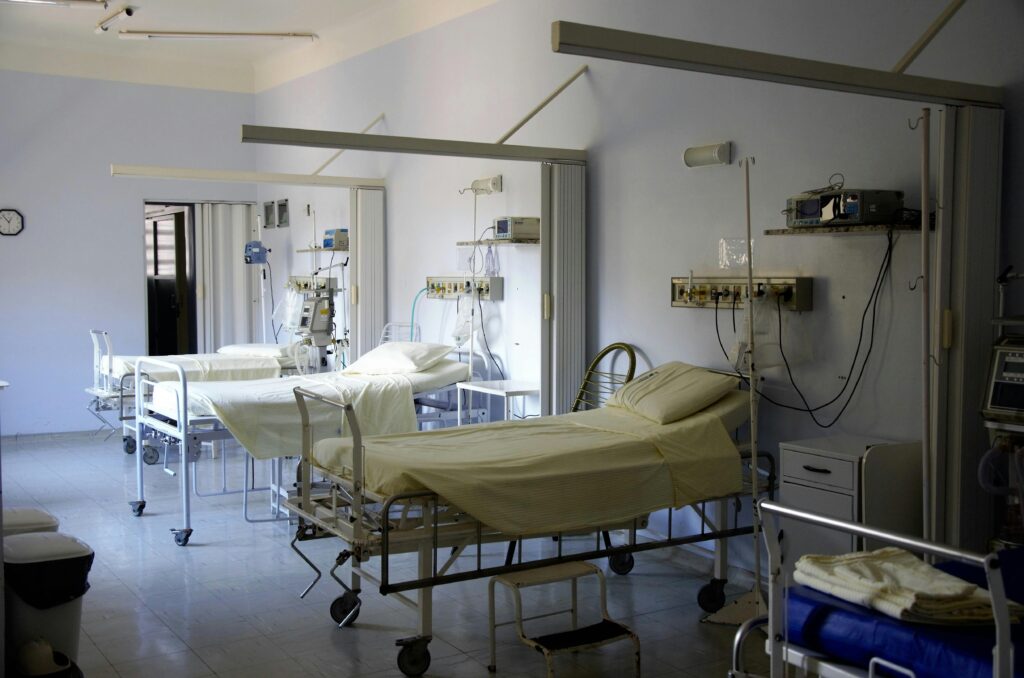In the complex world of healthcare, hospital indemnification is a critical concept that impacts both medical professionals and patients alike. This article will provide a comprehensive overview of hospital indemnification, covering its definition, purpose, importance, and how it affects various stakeholders in the healthcare industry.
What is Hospital Indemnification?
Hospital indemnification refers to the legal protection provided by a hospital to its employees, including doctors, nurses, and other healthcare professionals, against liabilities arising from their work within the scope of their employment. This protection typically includes coverage for legal costs, settlements, and damages resulting from malpractice claims or other legal actions.
The Purpose of Hospital Indemnification
The primary purpose of hospital indemnification is to ensure that healthcare professionals can perform their duties without the fear of personal financial ruin due to lawsuits or legal claims. By providing this protection, hospitals can attract and retain top talent, maintain high standards of care, and ultimately, ensure better patient outcomes.
Importance of Hospital Indemnification
Hospital indemnification plays a crucial role in the healthcare industry for several reasons. Firstly, it helps to protect the financial interests of healthcare professionals, allowing them to focus on providing quality care to patients without the distraction of legal issues. Additionally, it provides patients with a sense of security knowing that they can seek compensation if they suffer harm due to medical negligence.
How Hospital Indemnification Affects Healthcare Professionals
For healthcare professionals, hospital indemnification can have a significant impact on their careers and personal lives. Without adequate protection, they may face substantial financial losses, damage to their professional reputation, and even the risk of losing their license to practice medicine.
How Hospital Indemnification Affects Patients
For patients, hospital indemnification provides a sense of assurance that they can seek recourse if they are harmed by medical errors or negligence. This can lead to greater trust in the healthcare system and encourage patients to seek timely medical care without fear of financial repercussions.

Conclusion
Hospital indemnification is a vital aspect of the healthcare industry that protects both healthcare professionals and patients. Understanding its importance and implications can help to ensure a fair and effective healthcare system for all.
Retirement Answer Team is here to help you find a retirement plan that suits your needs. Our experienced agents are available to answer any questions you may have. Contact us today to take the first step towards a secure and fulfilling retirement.
FAQs
1. Is hospital indemnification the same as malpractice insurance?
No, hospital indemnification and malpractice insurance are two distinct concepts. While malpractice insurance provides coverage for individual healthcare professionals, hospital indemnification provides protection for the hospital and its employees as a whole.
2. Are all healthcare professionals covered by hospital indemnification?
Most hospitals provide indemnification coverage to their employees, including doctors, nurses, and other healthcare professionals. However, the specific details of coverage may vary, so it is important for healthcare professionals to review their employment contracts carefully.
3. Can patients sue a hospital for medical malpractice?
Yes, patients have the right to sue a hospital for medical malpractice if they believe they have been harmed due to negligence or substandard care. Hospital indemnification helps to protect the hospital and its employees from the financial consequences of such lawsuits.
4. How can hospitals ensure they have adequate indemnification coverage?
Hospitals should work closely with their legal counsel and insurance providers to ensure they have appropriate indemnification coverage. This may involve reviewing and updating policies and procedures, as well as regularly assessing the level of coverage needed based on the hospital’s risk profile.
5. What should healthcare professionals do if they are sued for malpractice?
If a healthcare professional is sued for malpractice, they should immediately notify their hospital’s legal department and their malpractice insurance provider. It is essential to cooperate fully with the legal process and seek legal counsel to ensure their rights are protected throughout the process.

